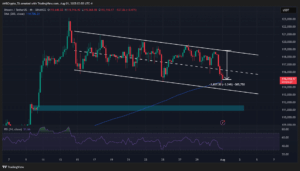Unlock the Secret Struggles Your Aging Dog Isn’t Telling You—And How to Fix Them Before It’s Too Late
- Aggression — snapping over situations that wouldn’t normally bother them
- Sleep/wake cycle changes — awake more at night and sleeping during the day
- Anxiety — unsure of new things or not wanting to be alone (separation anxiety)
- House soiling — eliminating in the house or in their crate
- Confusion — not recognizing family members or not knowing where things are
- Lethargy — spending more time sleeping or lazing around, not wanting to play
- Less responsive — not understanding commands or not paying attention
- Excessive vocalization — howling, barking or whining more
- Destruction — a senior dog’s anxiety may cause destructive behavior
Managing Senior Dog Behavior Problems
As well as consulting with your vet, there are ways to adapt your life at home to help your senior dog feel more comfortable and potentially reduce some of their behavior problems. Vision and hearing problems can make your dog more cautious and easily startled, so approach them more slowly and make sure they’re aware of your presence before touching them. Get their attention by calling their name loudly, or by stomping or broadly waving at them if they’re deaf. You may also need to change training methods to adapt to their new needs.














Post Comment